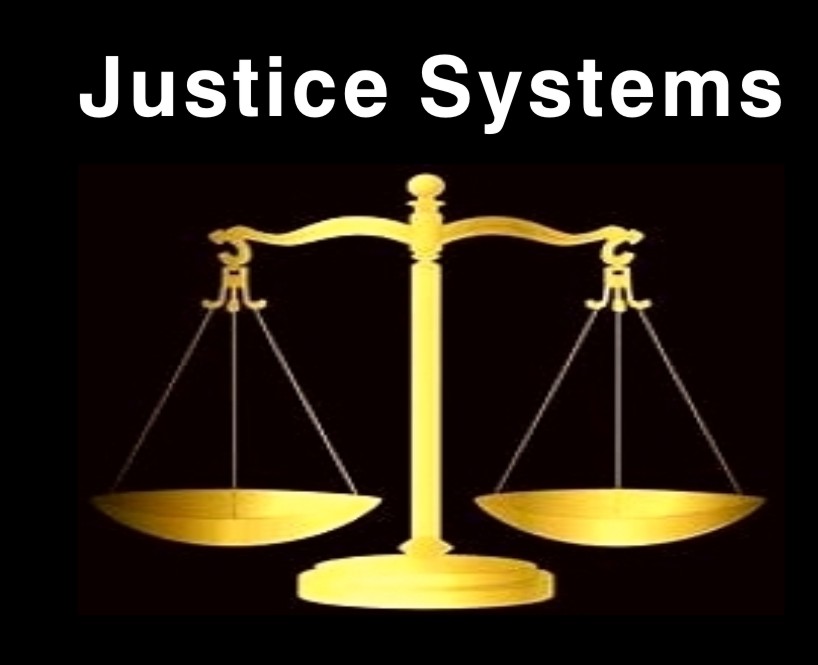
Category: CNN Network
Interesting Tilts Of Marcia Clark And Alan Dershowitz Toward Educated, Informed Italian-type Juries
Posted by Peter Quennell
Neither of these heavy hitters are saying to abolish the common-law system of not placing professionals in the jury room.
Or for that matter to swing over to a semi-professional and seemingly less error-prone system like Italy’s, where the judges stake their own reputations on their verdict and the written explanation that must follow.
But both found the Casey Anthony non-guilty jury verdict a bit peculiar, and Alan Dershowitz specifically suggests that semi-professional jury systems (like Italy’s) tend to be more accurate.
Above, the former prosecutor Marcia Clark commenting a couple of weeks ago on why the media boosted the Casey Anthony trial into such a “fry her” phenomenon. And here in the Daily Beast she comments on why that media angle had no sway over the jury.
For one thing the evidence and scenario had some major gaps. And for another:
[American] jury instructions are so numerous and complex, it’s a wonder jurors ever wade through them. And so it should come as no surprise that they can sometimes get stuck along the way. The instruction on circumstantial evidence is confusing even to lawyers. And reasonable doubt? That’s the hardest, most elusive one of all. And I think it’s where even the most fair-minded jurors can get derailed.
How? By confusing reasonable doubt with a reason to doubt. Some believe that thinking was in play in the Simpson case. After the verdict was read in the Simpson case, as the jury was leaving, one of them, I was later told, said: “We think he probably did it. We just didn’t think they proved it beyond a reasonable doubt.” In every case, a defense attorney will do his or her best to give the jury a reason to doubt.
“Some other dude did it,” or “some other dude threatened him.” But those reasons don’t necessarily equate with a reasonable doubt. A reason does not equal reasonable. Sometimes, that distinction can get lost.
Former Harvard Law professor Alan Dershowitz went deeper into jury principles on the Piers Morgan interview show on CNN last night.
DERSHOWITZ: Well, if you want justice, don’t look to the criminal law system. That’s not its job. Its job is not to produce a just result. Its job is to produce a legally correct result.
We have a system that says better 10 guilty go free than one innocent be wrongly confined. If you have a 60 percent likelihood a person did it, you must acquit. If you think he probably did it, you must acquit. If you think he almost surely did it, you must acquit.
We acquit lots of guilty people, and that’s the right thing to do. When we convict an innocent person, that’s the wrong thing to do. That’s our system of justice. Many people don’t like it. Many people think the opposite, that we have too much popular justice, too much dependent on elected prosecutors, elected judges, elected officials.
The French, for example, don’t understand our stem with a case that’s going on now with the rape in New York. They don’t understand our system. They say it’s much too popular. In France, there’s a professional system. They have professional judges, professional prosecutors, professional jurors.
We’ve opted for a much more democratic system, and it means that in the end you’re going to be dissatisfied with a lot of verdicts. Just don’t expect too much from our legal system. Don’t expect truth. Don’t expect justice, because that’s not what it’s supposed to give you.
It’s supposed to give you a legal process that only convicts if admissible evidence proves the case beyond a reasonable doubt. If you don’t like that system, I’ve got plenty of other systems for you that are more accurate. The Chinese system, the military justice system, the Russian system. Many European systems. But the American system errs on the side of freeing the guilty instead of convicting the innocent.
